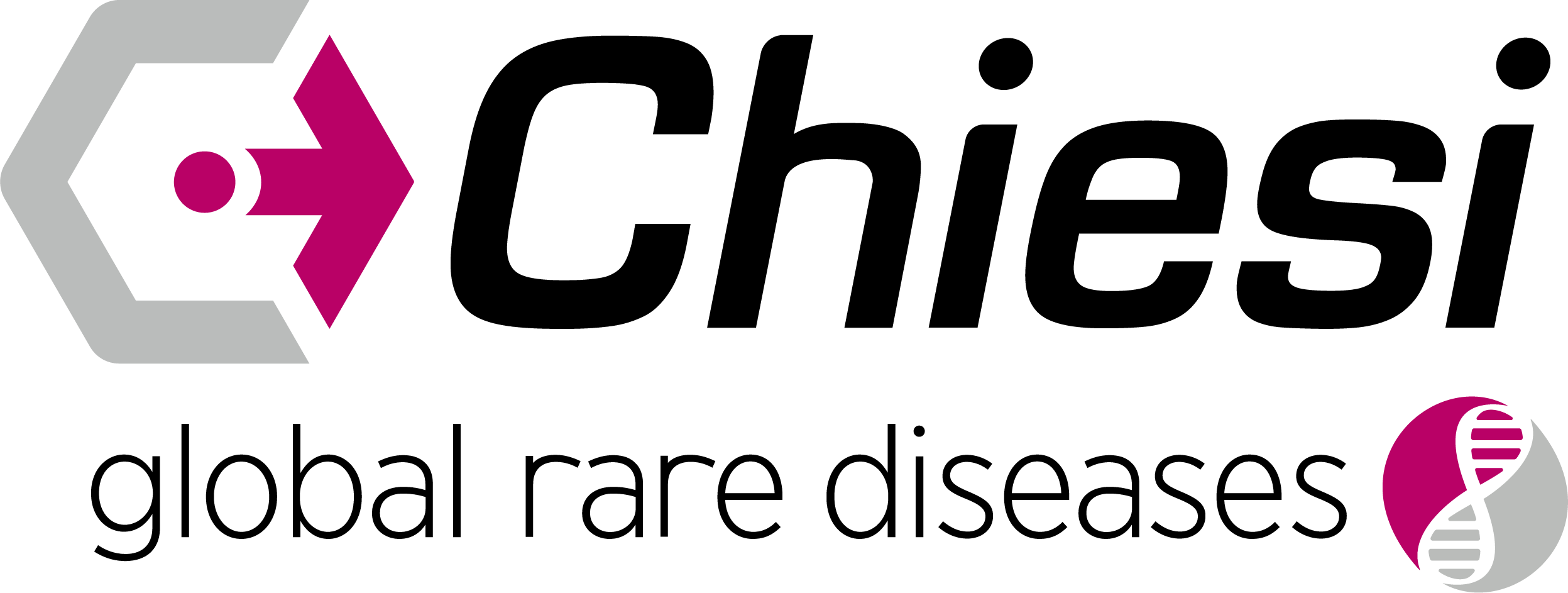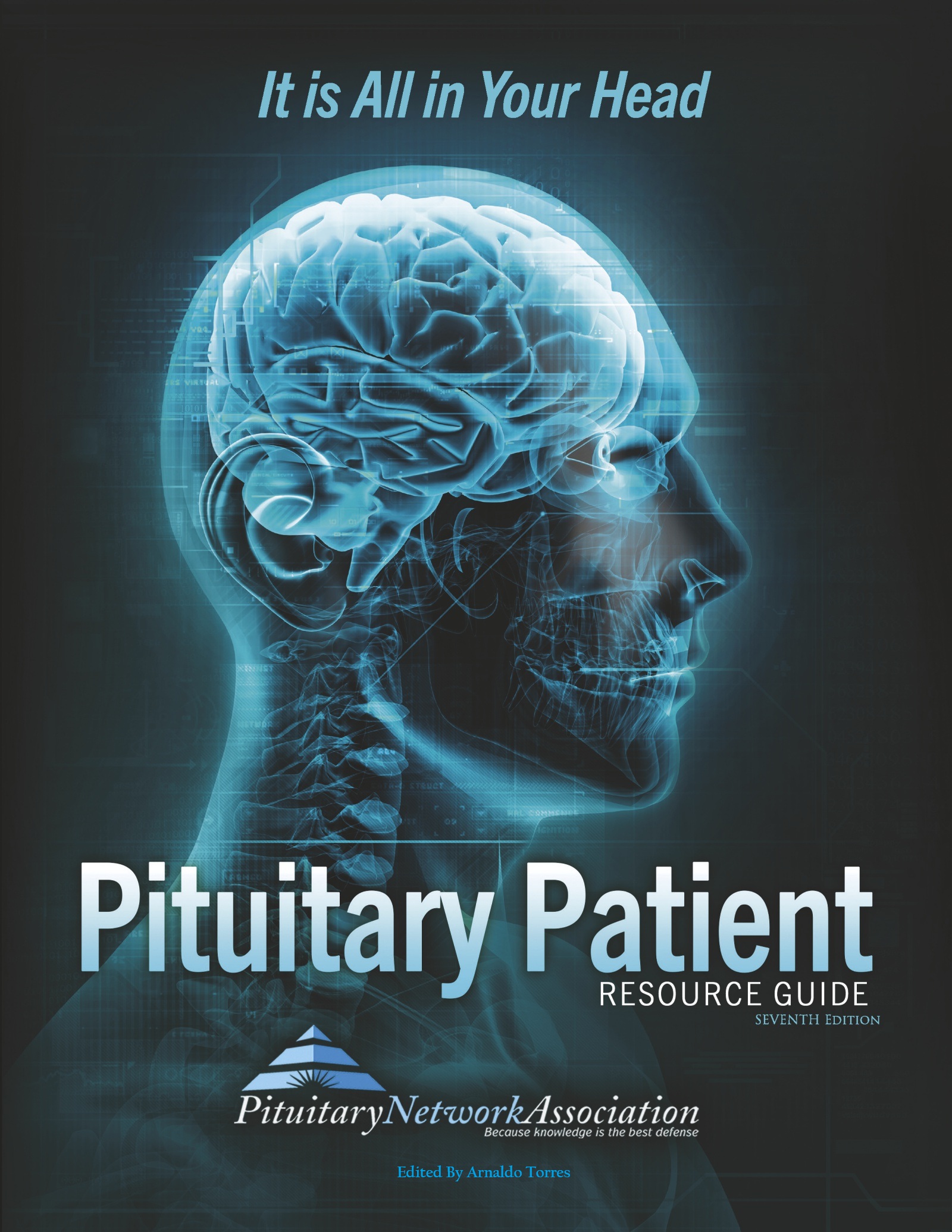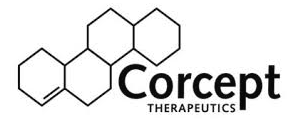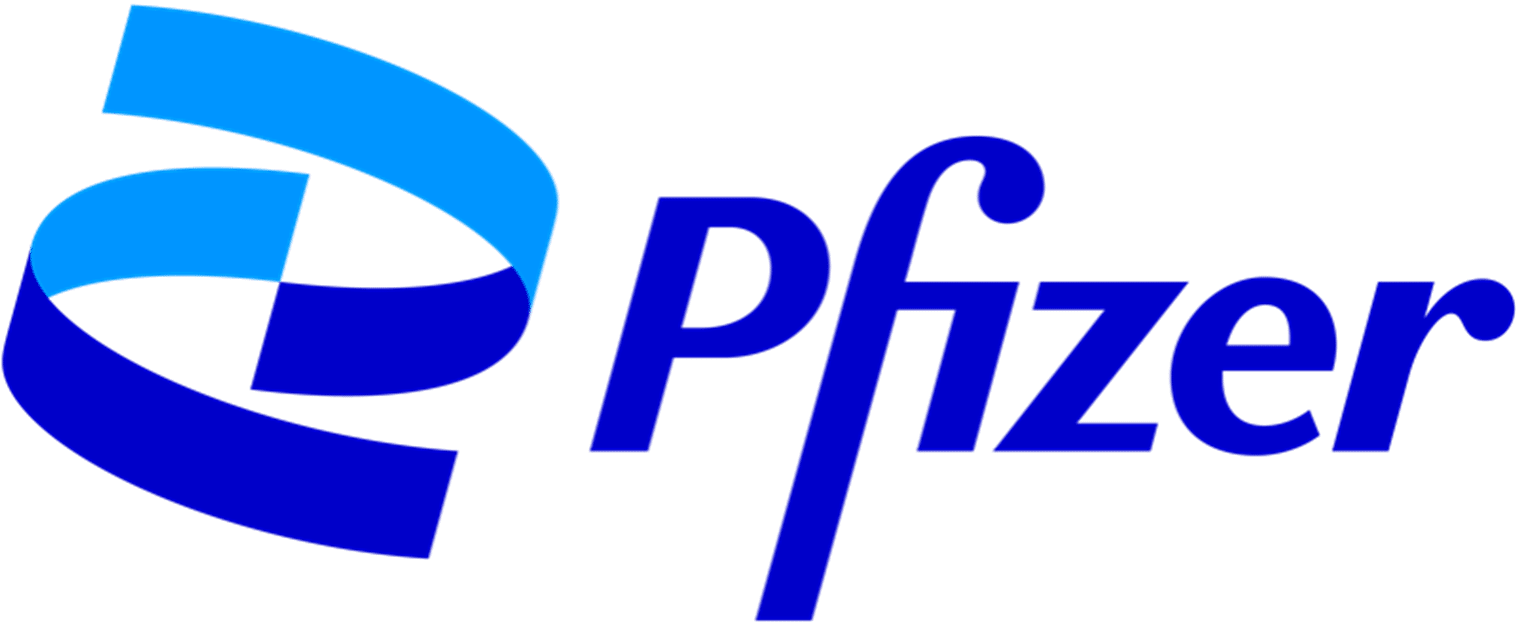News Articles February 2022
Written on 04 February 2022.
PNA Highlights January 2024

“Give a man health and a course to steer, and he’ll never stop to trouble about whether he’s happy or not.”
– George Bernard Shaw
PNA Spotlight: Dr. Paul A. Gardner
 This month the PNA Spotlight focuses on Dr. Paul A. Gardner.
This month the PNA Spotlight focuses on Dr. Paul A. Gardner.
Paul A. Gardner, MD, joined the faculty at the University of Pittsburgh Department of Neurological Surgery in 2008 after completing his residency and fellowship training at the University of Pittsburgh. He completed his undergraduate studies at Florida State University, majoring in biochemistry, and received his medical degree from the University of Pittsburgh School of Medicine.
Dr. Gardner completed a two-year fellowship in endoscopic endonasal pituitary and endoscopic and open skull base surgery. His research has focused on evaluating patient outcomes following these surgeries and more recently on genomic and molecular analysis of skull base tumors. Dr. Gardner has been the neurosurgical director of the Center for Cranial Base Surgery at the University of Pittsburgh Medical Center since April of 2008 and, along with Carl Snyderman, MD, of the University of Pittsburgh Department of Ophthalmology, leads a renowned course on endoscopic endonasal surgery three times a year.
His answers are below:
PNA Medical Corner: Artificial intelligence and pituitary surgery
 The PNA Medical Corner this month features an article co-authored by neurosurgeon Aaron Cohen-Gadol of Indiana University, a longtime member of the PNA. They conclude that A-I and machine learning will improve preoperative planning and surgical strategies in pituitary surgery, but points out challenges on multiple fronts.
The PNA Medical Corner this month features an article co-authored by neurosurgeon Aaron Cohen-Gadol of Indiana University, a longtime member of the PNA. They conclude that A-I and machine learning will improve preoperative planning and surgical strategies in pituitary surgery, but points out challenges on multiple fronts.
Current status of artificial intelligence technologies in pituitary adenoma surgery: a scoping review
- PMID: 38183582 DOI: 10.1007/s11102-023-01369-6
Abstract
Purpose: Pituitary adenoma surgery is a complex procedure due to critical adjacent neurovascular structures, variations in size and extensions of the lesions, and potential hormonal imbalances. The integration of artificial intelligence (AI) and machine learning (ML) has demonstrated considerable potential in assisting neurosurgeons in decision-making, optimizing surgical outcomes, and providing real-time feedback.
The FDA has approved NGENLA (somatrogon-ghla)
The FDA has approved NGENLA (somatrogon-ghla), a once-weekly, human growth hormone analog indicated for treatment of pediatric patients aged three years and older who have growth failure due to an inadequate secretion of endogenous growth hormone.
Count on your Xeris CareConnection™ Team for unparalleled Cushing’s Support
Cushing’s can be challenging, but there is support so patients can feel like themselves again. The main goal of treating Cushing’s is to get cortisol levels back to normal. This Pituitary Awareness Month, Xeris Pharmaceuticals® is highlighting the importance of one-on-one support for patients living with Cushing’s Syndrome and support for HCPs treating Cushing’s Syndrome.
Sign up to get dedicated support:
Patients: Sign up for support | Recorlev® (levoketoconazole)
HCP’s: Connect with Xeris support | RECORLEV® (levoketoconazole)
Have more questions? Call for more support at 1-844-444-RCLV (7258)
Copyright © 2024 Pituitary Network Association All rights reserved.
Disclaimer: PNA does not engage in the practice of medicine. It is not a medical authority, nor does it claim to have medical expertise. In all cases, PNA recommends that you consult your own physician regarding any course of treatment or medication.
Our mailing address is:
Pituitary Network Association
P.O. Box 1958
Thousand Oaks, CA 91358
(805) 499-9973 Phone - (805) 480-0633 Fax
Email [email protected]
You are receiving this Newsletter because you have shown interest in receiving information about our activities.
If you do not want to receive any more emails from PNA, Unsubscribe.
PNA Spotlight: Dr. Paul Gardner
 This month the PNA Spotlight focuses on Dr. Paul A. Gardner.
This month the PNA Spotlight focuses on Dr. Paul A. Gardner.
Paul A. Gardner, MD, joined the faculty at the University of Pittsburgh Department of Neurological Surgery in 2008 after completing his residency and fellowship training at the University of Pittsburgh. He completed his undergraduate studies at Florida State University, majoring in biochemistry, and received his medical degree from the University of Pittsburgh School of Medicine.
Dr. Gardner completed a two-year fellowship in endoscopic endonasal pituitary and endoscopic and open skull base surgery. His research has focused on evaluating patient outcomes following these surgeries and more recently on genomic and molecular analysis of skull base tumors. Dr. Gardner has been the neurosurgical director of the Center for Cranial Base Surgery at the University of Pittsburgh Medical Center since April of 2008 and, along with Carl Snyderman, MD, of the University of Pittsburgh Department of Ophthalmology, leads a renowned course on endoscopic endonasal surgery three times a year.
His answers follow.
• What inspired you to choose your career path?
The variety of deeply impactful effects of pituitary tumors as well as the intricate anatomy around the pituitary.
• What is the primary focus of your work/research?
Patient outcomes including quality of life; genetic research into the sources of tumors as well as differences between different tumor types; impact of surgery of patients
• What do you consider to be the future of your field?
Refining surgical techniques to lessen impact on patients and understanding the genetics of tumors to provide other treatment options
• What should patients know about your field/what deserves more recognition/awareness?
Pituitary surgery is borne out of practice by multidisciplinary teams of ENT and neurosurgery. This kind of collaboration is not common in medicine but leads to better outcomes and even new approaches.
• What would you like to convey about yourself to your patients?
I do my best to understand every person’s story. This helps me apply the knowledge and experience that I have attained over 20 years in practice to that individual to help them best achieve their health goals. This shared decision making allows me to honestly apply my treatments to the utmost of my ability in line with their wishes.
• Why did you get involved with the PNA; what is the extent of your involvement?
I originally became involved after sitting in on a patient support group. I was very impressed with the PNA leadership and passion and inspired to further my work and research with pituitary and similar tumors. I have been involved in the PNA ever since, largely with lectures and promotional support with my and others’ patients.
PNA Medical Corner: Artificial Intelligence and Pituitary Surgery
 The PNA Medical Corner this month features an article co-authored by neurosurgeon Aaron Cohen-Gadol of Indiana University, a longtime member of the PNA. They conclude that A-I and machine learning will improve preoperative planning and surgical strategies in pituitary surgery, but points out challenges on multiple fronts
The PNA Medical Corner this month features an article co-authored by neurosurgeon Aaron Cohen-Gadol of Indiana University, a longtime member of the PNA. They conclude that A-I and machine learning will improve preoperative planning and surgical strategies in pituitary surgery, but points out challenges on multiple fronts
Current status of artificial intelligence technologies in pituitary adenoma surgery: a scoping review
- PMID: 38183582 DOI: 10.1007/s11102-023-01369-6
Abstract
Purpose: Pituitary adenoma surgery is a complex procedure due to critical adjacent neurovascular structures, variations in size and extensions of the lesions, and potential hormonal imbalances. The integration of artificial intelligence (AI) and machine learning (ML) has demonstrated considerable potential in assisting neurosurgeons in decision-making, optimizing surgical outcomes, and providing real-time feedback. This scoping review comprehensively summarizes the current status of AI/ML technologies in pituitary adenoma surgery, highlighting their strengths and limitations.
Methods: PubMed, Embase, Web of Science, and Scopus were searched following the PRISMA-ScR guidelines. Studies discussing the use of AI/ML in pituitary adenoma surgery were included. Eligible studies were grouped to analyze the different outcomes of interest of current AI/ML technologies.
Results: Among the 2438 identified articles, 44 studies met the inclusion criteria, with a total of seventeen different algorithms utilized across all studies. Studies were divided into two groups based on their input type: clinicopathological and imaging input. The four main outcome variables evaluated in the studies included: outcome (remission, recurrence or progression, gross-total resection, vision improvement, and hormonal recovery), complications (CSF leak, readmission, hyponatremia, and hypopituitarism), cost, and adenoma-related factors (aggressiveness, consistency, and Ki-67 labeling) prediction. Three studies focusing on workflow analysis and real-time navigation were discussed separately.
Conclusion: AI/ML modeling holds promise for improving pituitary adenoma surgery by enhancing preoperative planning and optimizing surgical strategies. However, addressing challenges such as algorithm selection, performance evaluation, data heterogeneity, and ethics is essential to establish robust and reliable ML models that can revolutionize neurosurgical practice and benefit patients.
News Articles January 2024
Woman diagnosed with pituitary tumor after nose, feet grow
A woman in the U.K. ignored her fatigue and headaches for years, but saw a doctor after her nose and feet kept getting bigger. That led to the discovery of a pituitary tumor that had been present for 20 years. Read more here:
Pituitary history: the man who grew from 4’ to 7’8”
An article on the site Boing Boing explores the case of Adam Rainer, an Austrian man born in 1899 whose acromegaly caused him to start out at the unusually small adult height of 4 feet tall – and then grow to a height of 7’8”. He underwent surgery but sadly passed away at age 51. Read more here:
Research links oxytocin to sex addiction
A study done by researchers in Cypress and Sweden found high oxytocin levels in men suffering from hypersexual disorder. Read more here:
Study looks at link between neurological complications and obesity
Researchers are looking into a case study where severe obesity may have set the stage for intracranial pressure, which may have caused neurological conditions such as flattened posterior globes and an empty sella. Read more here:
Can the covid vaccine lead to pituitary enlargement? A case study.
An article in Cureus looks at a case study of a woman whose pituitary enlarged after she received a fourth Covid-19 vaccine. Read more here:
January 2024 Research Articles
Pituitary Tumors
Prognostic Biomarkers in Pituitary Tumours: A Systematic Review.
Enhanced EPR effects by tumour stromal cell mimicking nanoplatform on invasive pituitary adenoma.
Double Pituitary Incidentaloma in a Young Woman With Sinusitis-Related Headache.
Complete Binasal Hemianopia-Associated With Pituitary Microadenoma or Idiopathic?-A Case Report.
Pituitary Surgery
Cushings
Hormonal Health
Endocrine Hypertension: The Urgent Need for Greater Global Awareness.
Central precocious puberty: assessment, diagnosis and decisions about treatment.
Multiple sclerosis and hypogonadism: is there a relationship?
Endocrine Disruptors and Metabolic Changes: Impact on Puberty Control.
PNA Highlights December 2023

“He who has health has hope; and he who has hope, has everything.” – Thomas Carlyle
PNA Spotlight: Dr. Juan Fernandez-Miranda
 This month the PNA Spotlight focuses on Dr. Juan Carlos Fernandez-Miranda, a Professor of Neurosurgery and the Surgical Director of Brain Tumor, Skull Base and Pituitary Centers at Stanford University. Dr. Fernandez-Miranda did a neurosurgery residency at La Paz University Hospital in Madrid, Spain. He completed a fellowship in microsurgical neuroanatomy at the University of Florida. He did clinical training in cerebrovascular surgery at the University of Virginia, and in endoscopic endonasal and open skull base surgery at University of Pittsburgh Medical Center (UPMC). He joined the faculty at Stanford earlier this year. He was kind enough to answer some questions from the PNA. His answers are below:
This month the PNA Spotlight focuses on Dr. Juan Carlos Fernandez-Miranda, a Professor of Neurosurgery and the Surgical Director of Brain Tumor, Skull Base and Pituitary Centers at Stanford University. Dr. Fernandez-Miranda did a neurosurgery residency at La Paz University Hospital in Madrid, Spain. He completed a fellowship in microsurgical neuroanatomy at the University of Florida. He did clinical training in cerebrovascular surgery at the University of Virginia, and in endoscopic endonasal and open skull base surgery at University of Pittsburgh Medical Center (UPMC). He joined the faculty at Stanford earlier this year. He was kind enough to answer some questions from the PNA. His answers are below:
Count on your Xeris CareConnection™ Team for unparalleled Cushing’s Support
Cushing’s can be challenging, but there is support so patients can feel like themselves again. The main goal of treating Cushing’s is to get cortisol levels back to normal. This Pituitary Awareness Month, Xeris Pharmaceuticals® is highlighting the importance of one-on-one support for patients living with Cushing’s Syndrome and support for HCPs treating Cushing’s Syndrome.
Sign up to get dedicated support:
Patients: Sign up for support | Recorlev® (levoketoconazole)
HCP’s: Connect with Xeris support | RECORLEV® (levoketoconazole)
Have more questions? Call for more support at 1-844-444-RCLV (7258)
PNA Medical Corner: Cushing Disease and Double Pituitary Adenoma

 This month in the PNA Medical Corner we focus on a study coauthored by two members of the PNA: Drs. Adriana Ioachimescu and Nathan Zwagerman. The research is a case study of a woman with two pituitary tumors.
This month in the PNA Medical Corner we focus on a study coauthored by two members of the PNA: Drs. Adriana Ioachimescu and Nathan Zwagerman. The research is a case study of a woman with two pituitary tumors.
Consecutive resections of double pituitary adenoma for resolution of Cushing disease: illustrative case
Copyright © 2024 Pituitary Network Association All rights reserved.
Disclaimer: PNA does not engage in the practice of medicine. It is not a medical authority, nor does it claim to have medical expertise. In all cases, PNA recommends that you consult your own physician regarding any course of treatment or medication.
Our mailing address is:
Pituitary Network Association
P.O. Box 1958
Thousand Oaks, CA 91358
(805) 499-9973 Phone - (805) 480-0633 Fax
Email [email protected]
You are receiving this Newsletter because you have shown interest in receiving information about our activities.
If you do not want to receive any more emails from PNA, Unsubscribe.
December 2023 Research Articles
Pituitary Tumors
Genetic Testing in Hereditary Pituitary Tumors.
Pharmacological Treatment of Non-Functioning Pituitary Adenomas.
Pituitary Surgery
Editor’s note: Dr. Gardner is a member of the PNA.
Surgical versus non-surgical management for pituitary apoplexy.
Acromegaly
Newer parameters of the octreotide test in patients with acromegaly.
GPR101: Modeling a constitutively active receptor linked to X-linked acrogigantism.
Hormonal Health
News Articles December 2023
Effect of Antipsychotics on Prolactinoma Growth
A study featured in Cureus looks the effect of antipsychotic medications on prolactinoma growth and found that when a patient stops taking risperidone, haloperidol, thioridazine, or amisulpride, prolactin levels in the blood drop. The drop is less pronounced with clozapine, aripiprazole, and olanzapine Read more here:
Pituitary Story: Changes in Jawline Lead to Diagnosis of Acromegaly
An article in 9news.com tells the story of a 32-year-old Australian woman, Shari Dawson, whose first symptoms of acromegaly were changes to her jawline, nose and shoe size. Dawson is now the general manager of the Australian Pituitary Foundation. Read more here:

Photos of Shari Dawson before and after her acromegaly diagnosis. (Shari Dawson)
Pituitary Journey: Lou Gramm, Singer for the group Foreigner
The singer for the group Foreigner, Lou Gramm, recently recalled his fight against a craniopharyngioma, as a younger man. Read more here:
4-year-old Ohio Boy Fights Pituitary Tumor
The community in Clermont County, Ohio is rallying around a four-year-old boy named Augus, who is fighting a pituitary tumor. Doctors say the tumor took up 45% of hie brain. Surgery to implant a reservoir left him blind in one eye Read more here:
PNA Medical Corner: Cushing Disease and Double Pituitary Adenoma

 This month in the PNA Medical Corner we focus on a study coauthored by two members of the PNA: Drs. Adriana Ioachimescu and Nathan Zwagerman. The research is a case study of a woman with two pituitary tumors.
This month in the PNA Medical Corner we focus on a study coauthored by two members of the PNA: Drs. Adriana Ioachimescu and Nathan Zwagerman. The research is a case study of a woman with two pituitary tumors.
Consecutive resections of double pituitary adenoma for resolution of Cushing disease: illustrative case
Abstract
Background: Double pituitary adenomas are rare presentations of two distinct adenohypophyseal lesions seen in <1% of surgical cases. Increased rates of recurrence or persistence are reported in the resection of Cushing microadenomas and are attributed to the small tumor size and localization difficulties. The authors report a case of surgical treatment failure of Cushing disease because of the presence of a secondary pituitary adenoma.
Observations: A 32-year-old woman with a history of prolactin excess and pituitary lesion presented with oligomenorrhea, weight gain, facial fullness, and hirsutism. Urinary and nighttime salivary cortisol elevation were elevated. Magnetic resonance imaging confirmed a 4-mm3 pituitary lesion. Inferior petrosal sinus sampling was diagnostic for Cushing disease. Primary endoscopic endonasal transsphenoidal resection was performed to remove what was determined to be a lactotroph-secreting tumor on immunohistochemistry with persistent hypercortisolism. Repeat resection yielded a corticotroph-secreting tumor and postoperative hypoadrenalism followed by long-term normalization of the hypothalamic-pituitary-adrenal axis.
Lessons: This case demonstrates the importance of multidisciplinary management and postoperative hormonal follow-up in patients with Cushing disease. Improved strategies for localization of the active tumor in double pituitary adenomas are essential for primary surgical success and resolution of endocrinopathies.
Keywords:Cushing disease; PitNET; pituitary adenoma; pituitary neuroendocrine tumor; prolactinoma; transsphenoidal
PNA Highlights November 2023

“Health is the greatest gift, contentment the greatest wealth, faithfulness the best relationship.” – Buddha

PNA Spotlight: Dr. Aaron Cohen-Gadol
 This month the PNA Spotlight focuses on Dr. Aaron Cohen-Gadol, a professor at Indiana University Department of Neurosurgery. He is the director of neurosurgical oncology and its fellowship, and co-director of the Signature Center for Brain and Neurological Tumors. Dr. Cohen-Gadol earned his undergraduate degree from the University
This month the PNA Spotlight focuses on Dr. Aaron Cohen-Gadol, a professor at Indiana University Department of Neurosurgery. He is the director of neurosurgical oncology and its fellowship, and co-director of the Signature Center for Brain and Neurological Tumors. Dr. Cohen-Gadol earned his undergraduate degree from the University
of California at San Diego and attended medical school at the University of Southern California. He then completed his residency training at Mayo Clinic in Rochester, Minnesota. He also completed fellowship training in two subspecialties: epilepsy surgery (Yale University) and skull base/cerebrovascular surgery (University of Arkansas.) In addition, Dr. Cohen holds a Master’s Degree in Clinical Research from Mayo Graduate School and an MBA from Kelley School of Business. His areas of interest include surgical treatment of complex intracranial tumors and vascular lesions.
He is the founder and president of The Neurosurgical Atlas (https://www.neurosurgicalatlas.com), a multimedia resource for neurosurgical techniques. Dr. Cohen-Gadol was kind enough to answer some questions posed by the PNA. His answers follow.
Count on your Xeris CareConnection™ Team for unparalleled Cushing’s Support
Cushing’s can be challenging, but there is support so patients can feel like themselves again. The main goal of treating Cushing’s is to get cortisol levels back to normal. This Pituitary Awareness Month, Xeris Pharmaceuticals® is highlighting the importance of one-on-one support for patients living with Cushing’s Syndrome and support for HCPs treating Cushing’s Syndrome.
Sign up to get dedicated support:
Patients: Sign up for support | Recorlev® (levoketoconazole)
HCP’s: Connect with Xeris support | RECORLEV® (levoketoconazole)
Have more questions? Call for more support at 1-844-444-RCLV (7258)
PNA Medical Corner: Somatotroph Adenoma in a Young Adult
 This month the PNA Medical Corner spotlights an article co-authored by a member of the PNA, Dr. Ursula Kaiser, Chief of the Division of Endocrinology, Diabetes and Hypertension at Brigham and Women’s Hospital and Professor of Medicine at Harvard Medical School. The case report looks at early onset excess of growth hormone in the context of a somatotroph adenoma in a young adult.
This month the PNA Medical Corner spotlights an article co-authored by a member of the PNA, Dr. Ursula Kaiser, Chief of the Division of Endocrinology, Diabetes and Hypertension at Brigham and Women’s Hospital and Professor of Medicine at Harvard Medical School. The case report looks at early onset excess of growth hormone in the context of a somatotroph adenoma in a young adult.
Link: https://doi.org/10.1210/jcemcr/luad030
Early Onset GH Excess: Somatotroph Adenoma in a Young Adult
Copyright © 2024 Pituitary Network Association All rights reserved.
Disclaimer: PNA does not engage in the practice of medicine. It is not a medical authority, nor does it claim to have medical expertise. In all cases, PNA recommends that you consult your own physician regarding any course of treatment or medication.
Our mailing address is:
Pituitary Network Association
P.O. Box 1958
Thousand Oaks, CA 91358
(805) 499-9973 Phone - (805) 480-0633 Fax
Email [email protected]
You are receiving this Newsletter because you have shown interest in receiving information about our activities.
If you do not want to receive any more emails from PNA, Unsubscribe.
Available Now!
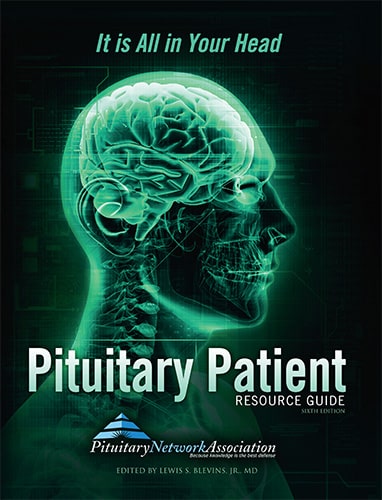
The Pituitary Patient Resource Guide Sixth Edition is now available! Be one of the first to have the most up-to-date information. The Pituitary Patient Resource Guide a one of a kind publication intended as an invaluable source of information not only for patients but also their families, physicians, and all health care providers. It contains information on symptoms, proper testing, how to get a diagnosis, and the treatment options that are available. It also includes Pituitary Network Association's patient resource listings for expert medical care.

Xeris Pharmaceuticals is valued member of the PNA












